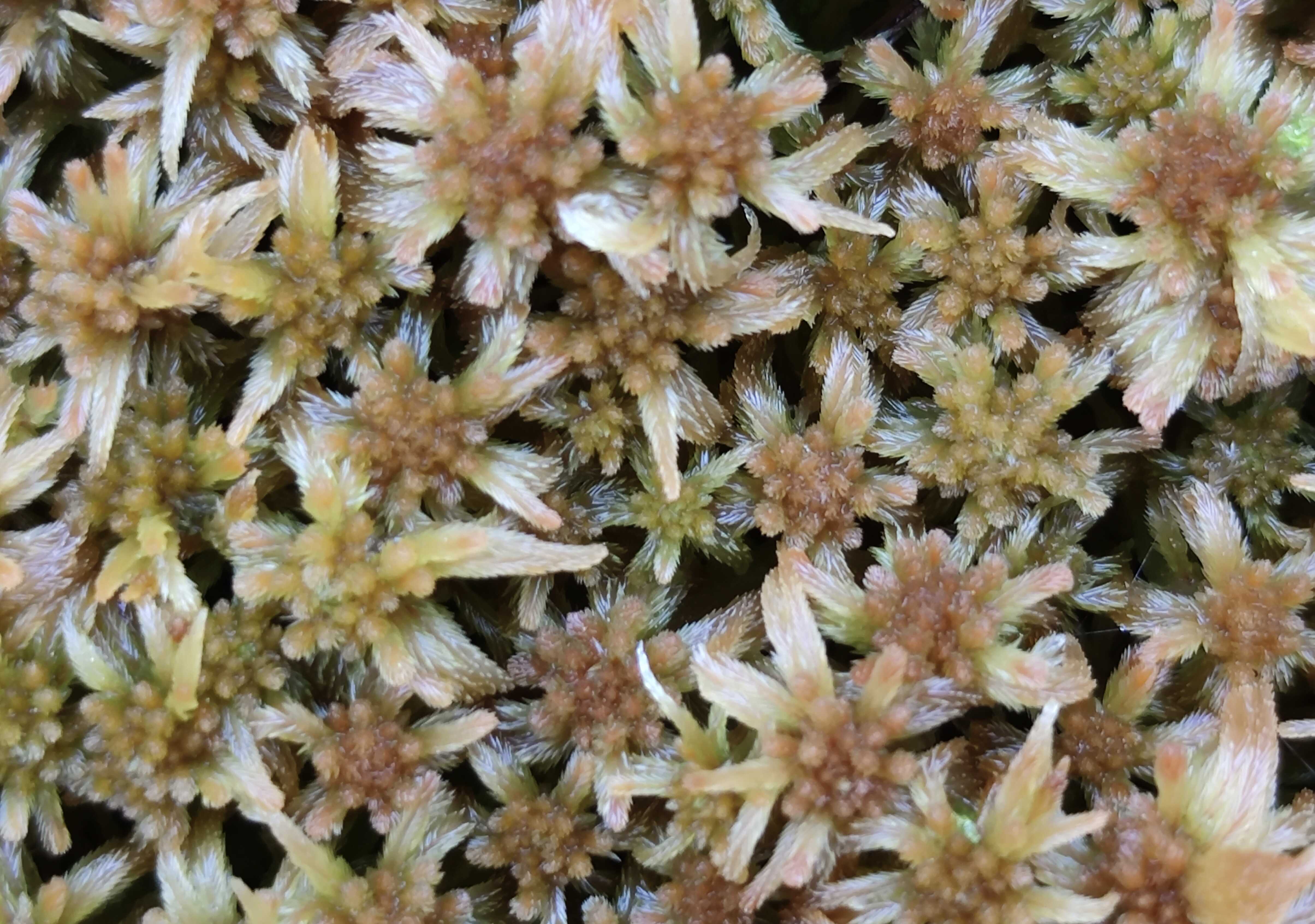
A research team led by Prof. WANG Hongzhi and Prof. HONG Bo from the Hefei Institutes of Physical Science of the Chinese Academy of Sciences, in collaboration with Prof. WANG Wei from the First Affiliated Hospital of the University of Science and Technology of China, discovered a crucial mechanism that underlies chemotherapy resistance and metastasis in small cell lung cancer.

Researchers led by Prof. CHEN Yushun from the Institute of Hydrobiology (IHB) of the Chinese Academy of Sciences, along with domestic and international collaborators, have revealed that the Yangtze River fishing ban has not only halted the 70-year decline in fish resources but has also triggered an initial recovery.
Researchers from the Xishuangbanna Tropical Botanical Garden (XTBG) of the Chinese Academy of Sciences investigated the spatial distribution characteristics of the PhoD gene and its environmental driving factors in tropical and subtropical forests. They revealed that the abundance of PhoD was primarily shaped by elevation, soil pH, and calcium availability.

A research team led by Prof. CHONG Kang from the Institute of Botany, in collaboration with Prof. GUO Zifeng's research group, has identified a molecular regulatory module that controls flowering time in wheat, providing key genetic targets for improving and adapting wheat cultivars.

A new study led by Prof. FENG Xiaojuan from the Institute of Botany reports that climate warming can increase soil carbon accumulation in boreal Sphagnum peatlands by boosting plant productivity, protecting iron, and inhibiting microbial decomposition. These responses contrast sharply with warming-enhanced soil carbon mineralization—the process by which carbon is released as CO2—in boreal forests and tundra.
Researchers led by Prof. SHI Jianlin from the Shanghai Institute of Ceramics have developed a novel silicon-based nanothrombolytic therapy that achieves efficient thrombus clearance and in situ regulation of the coagulation microenvironment while minimizing systemic bleeding risk.

86-10-68597521 (day)
86-10-68597289 (night)

52 Sanlihe Rd., Xicheng District,
Beijing, China (100864)

